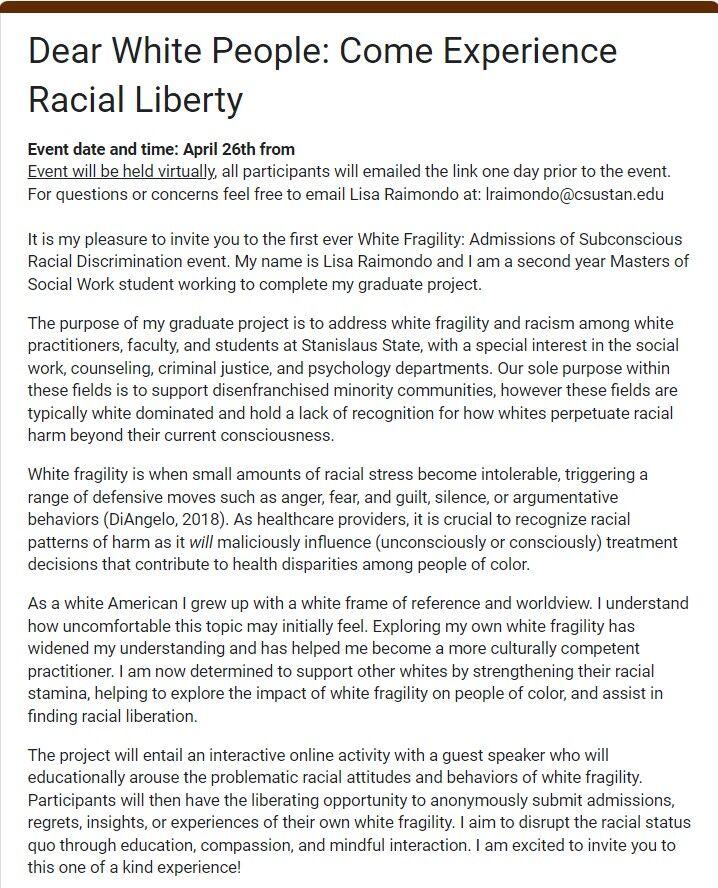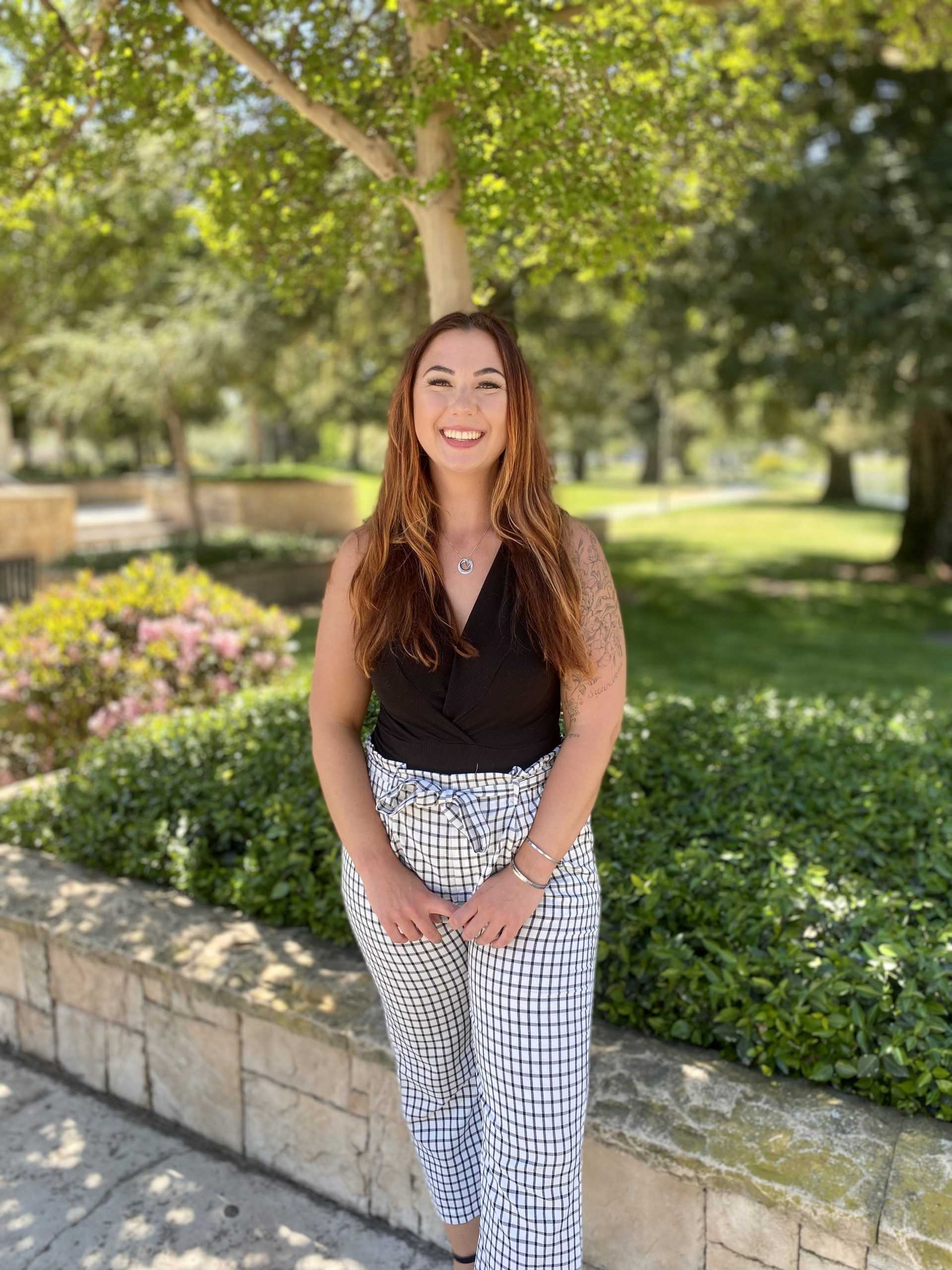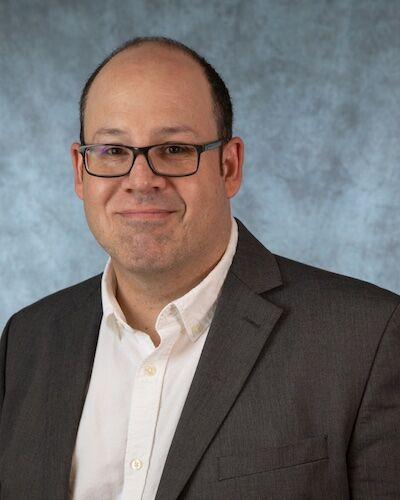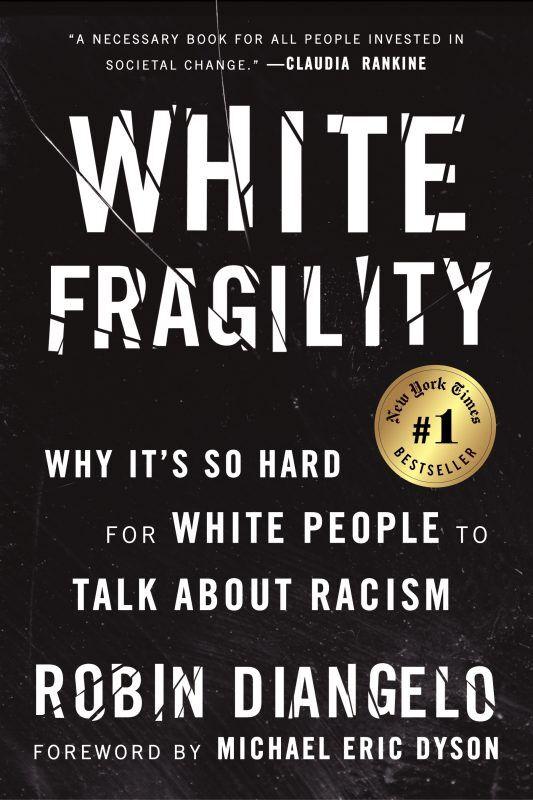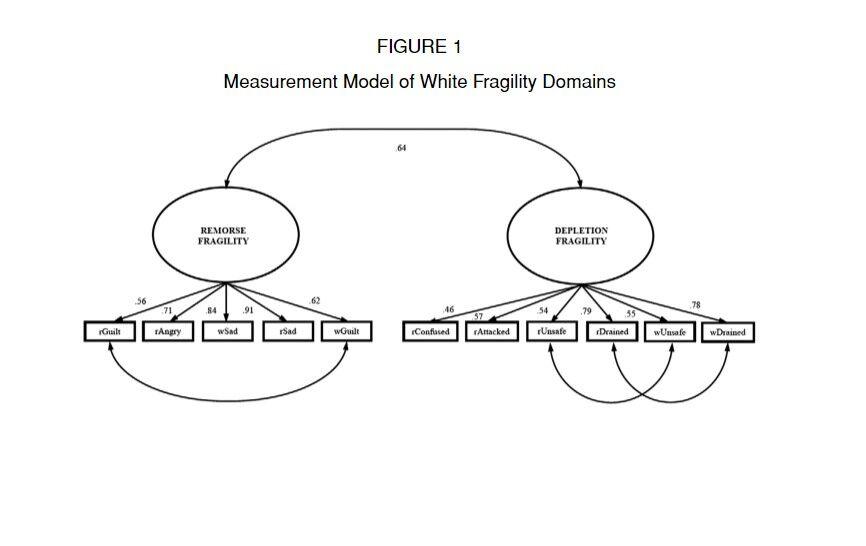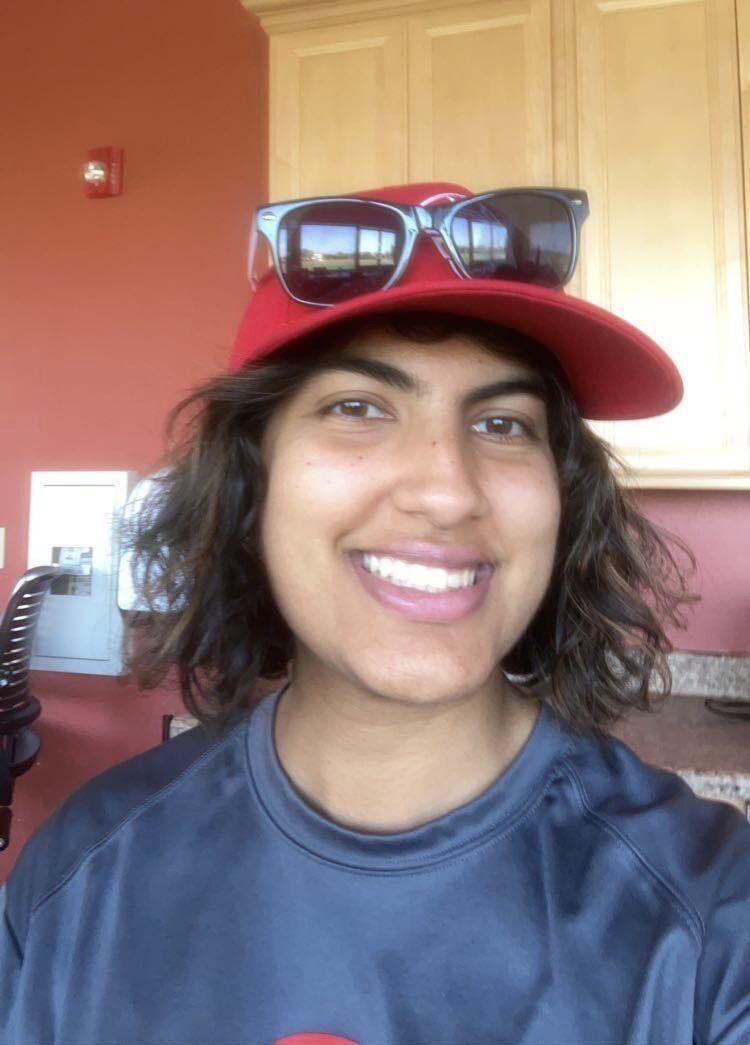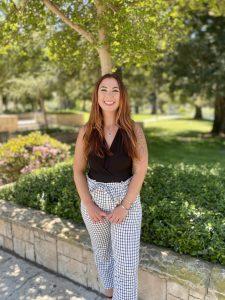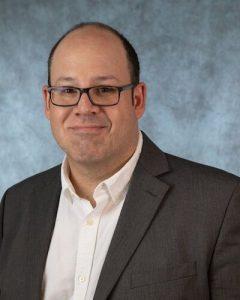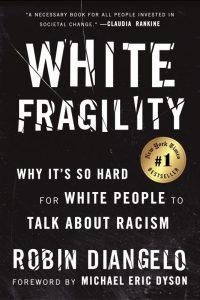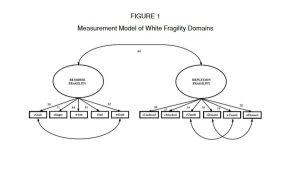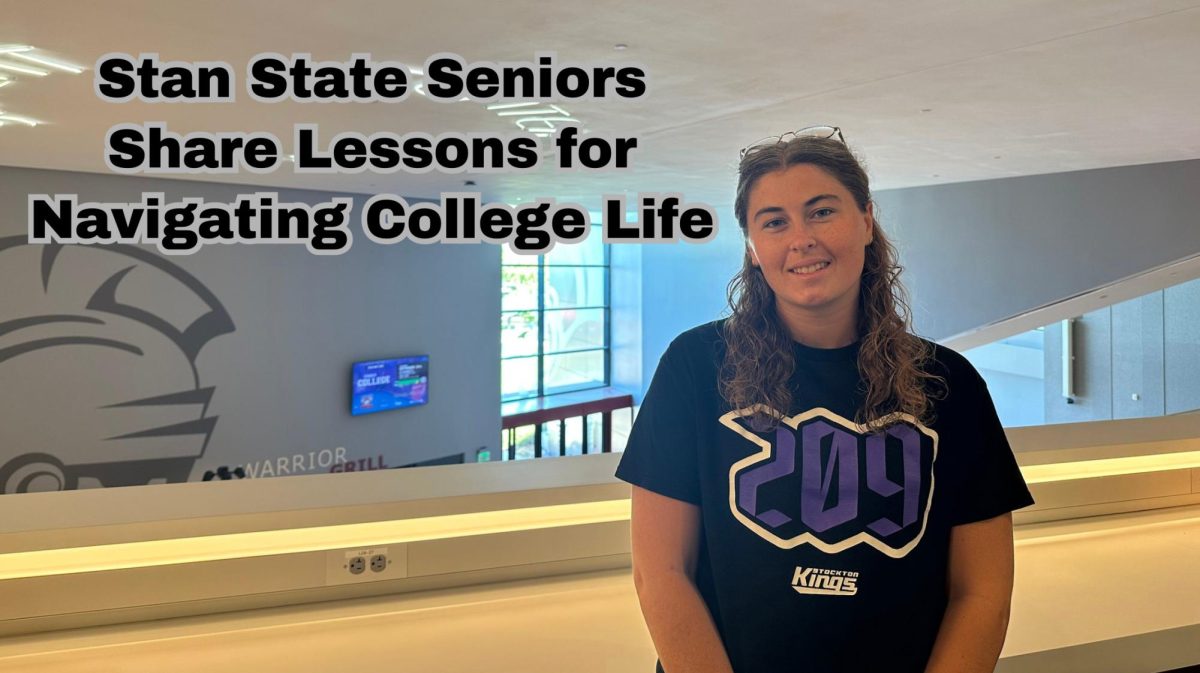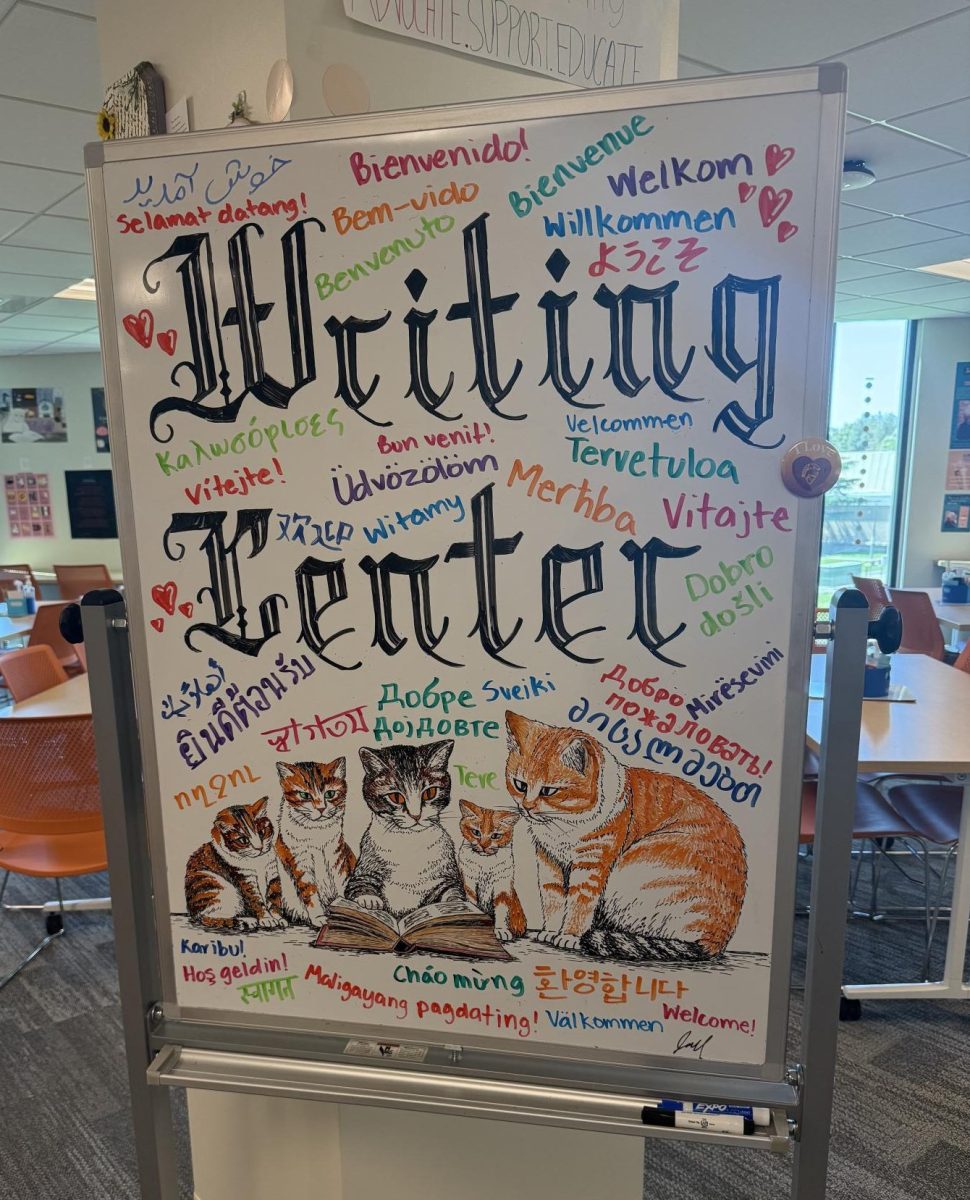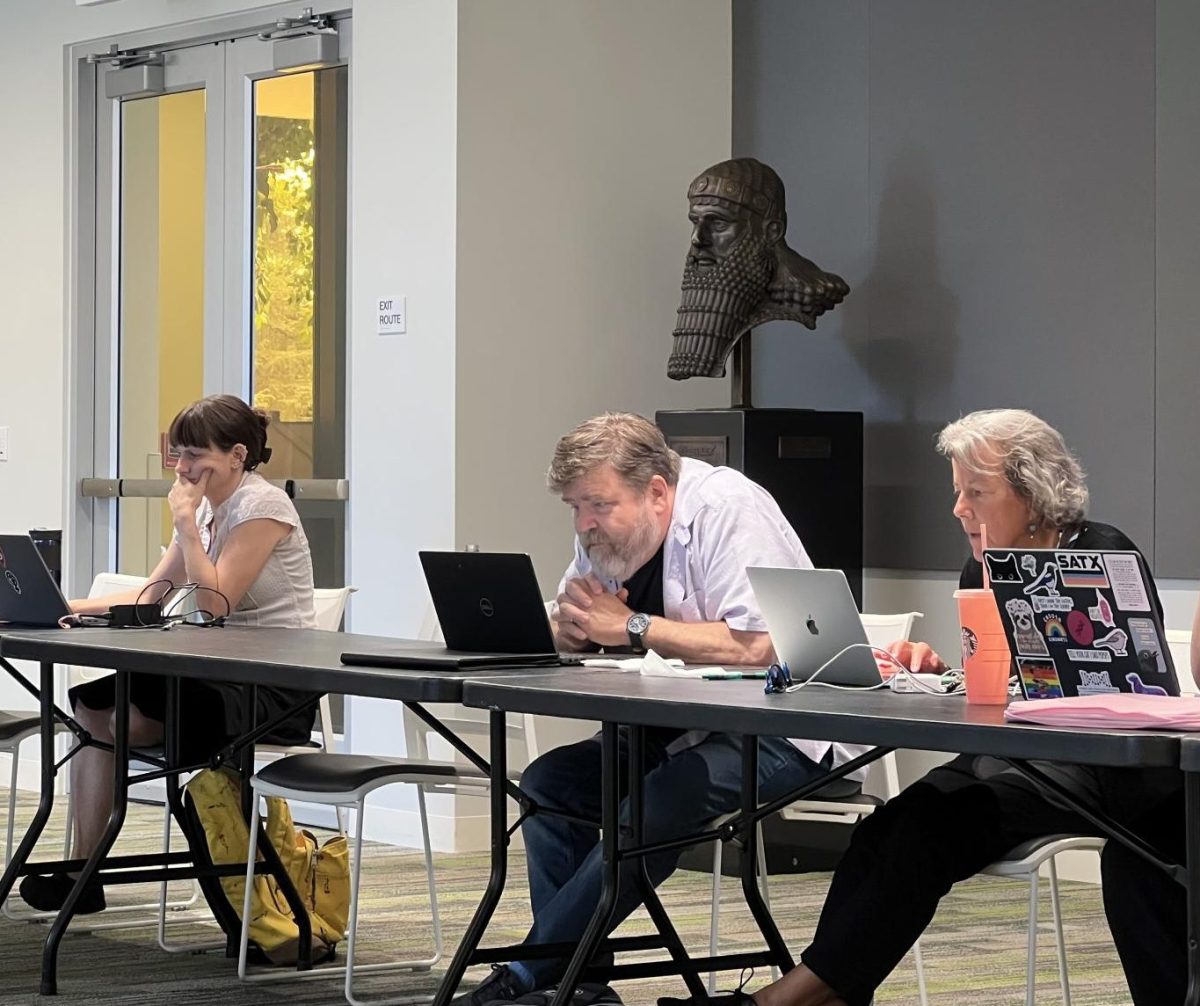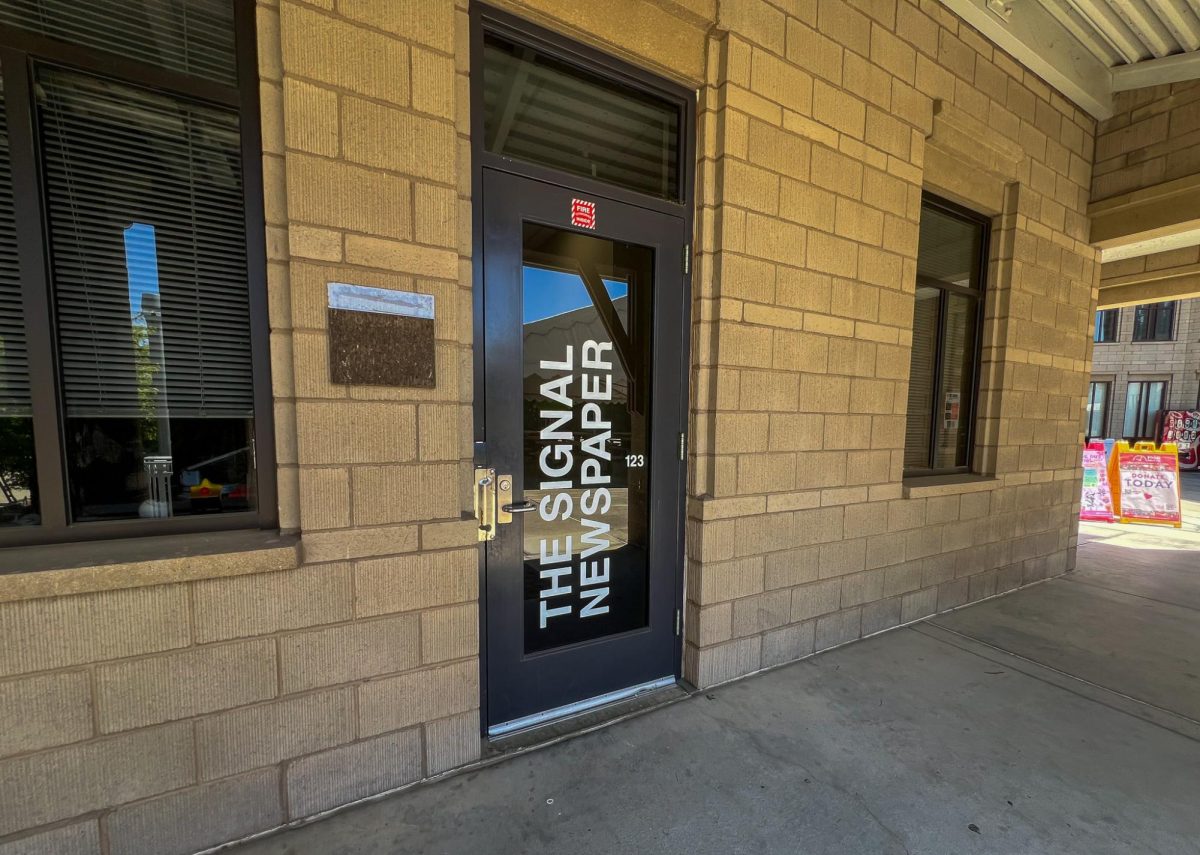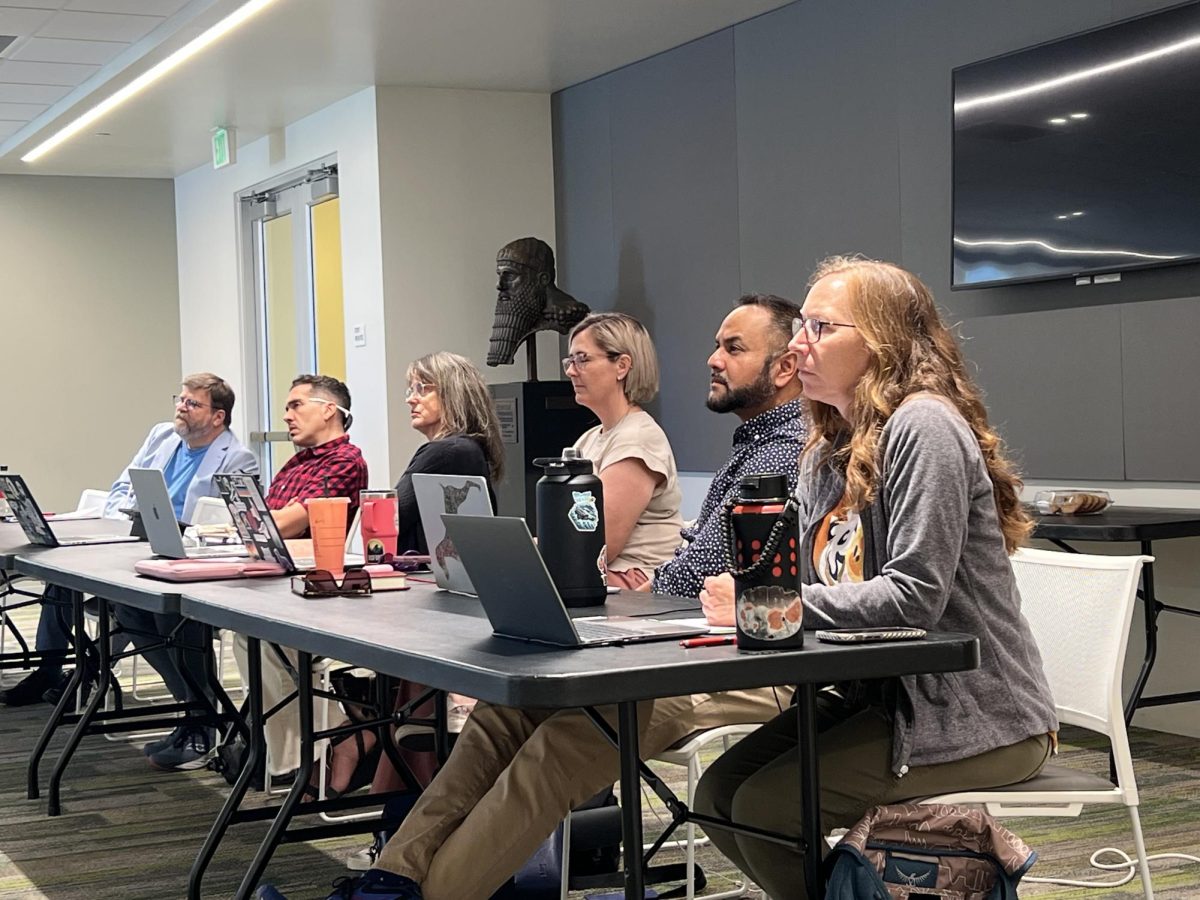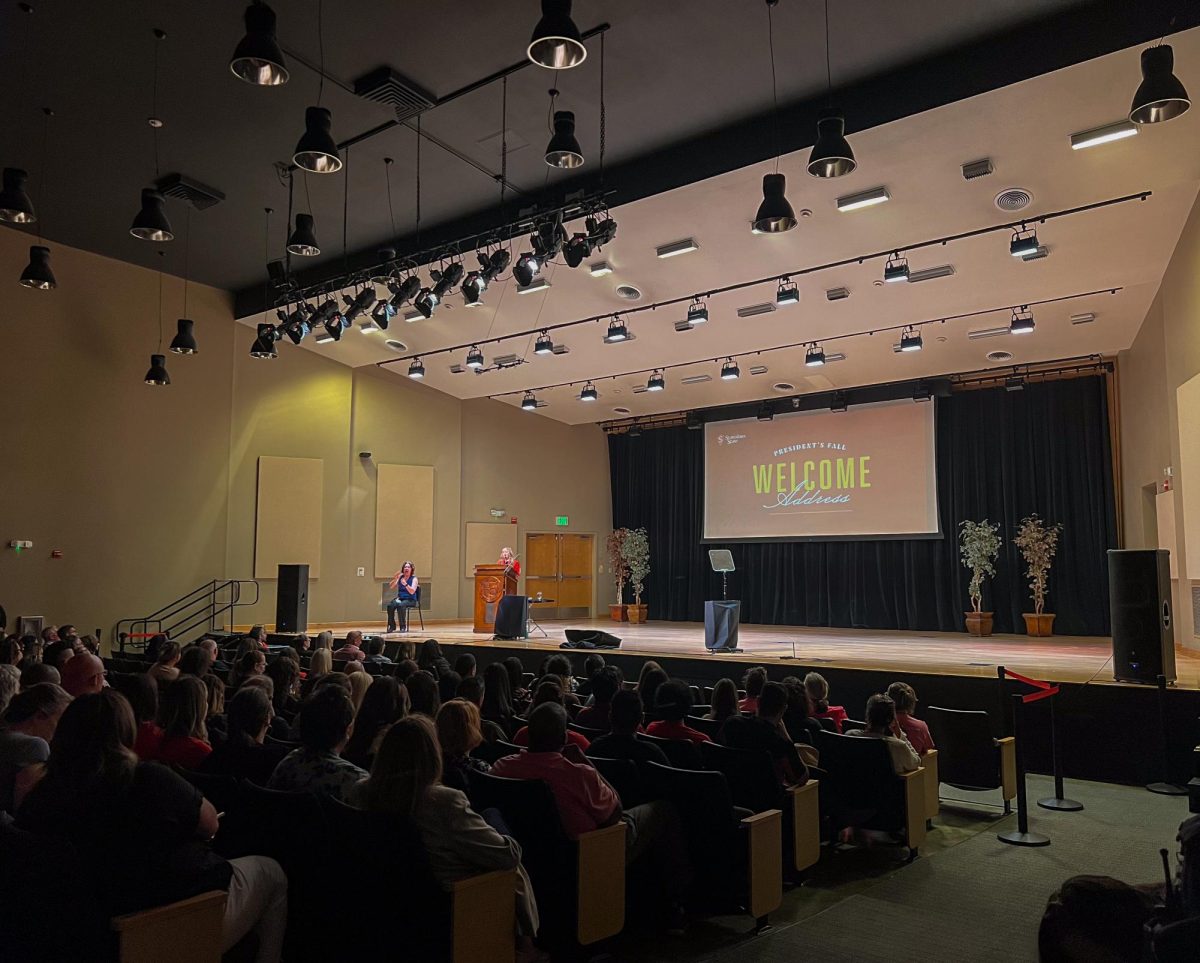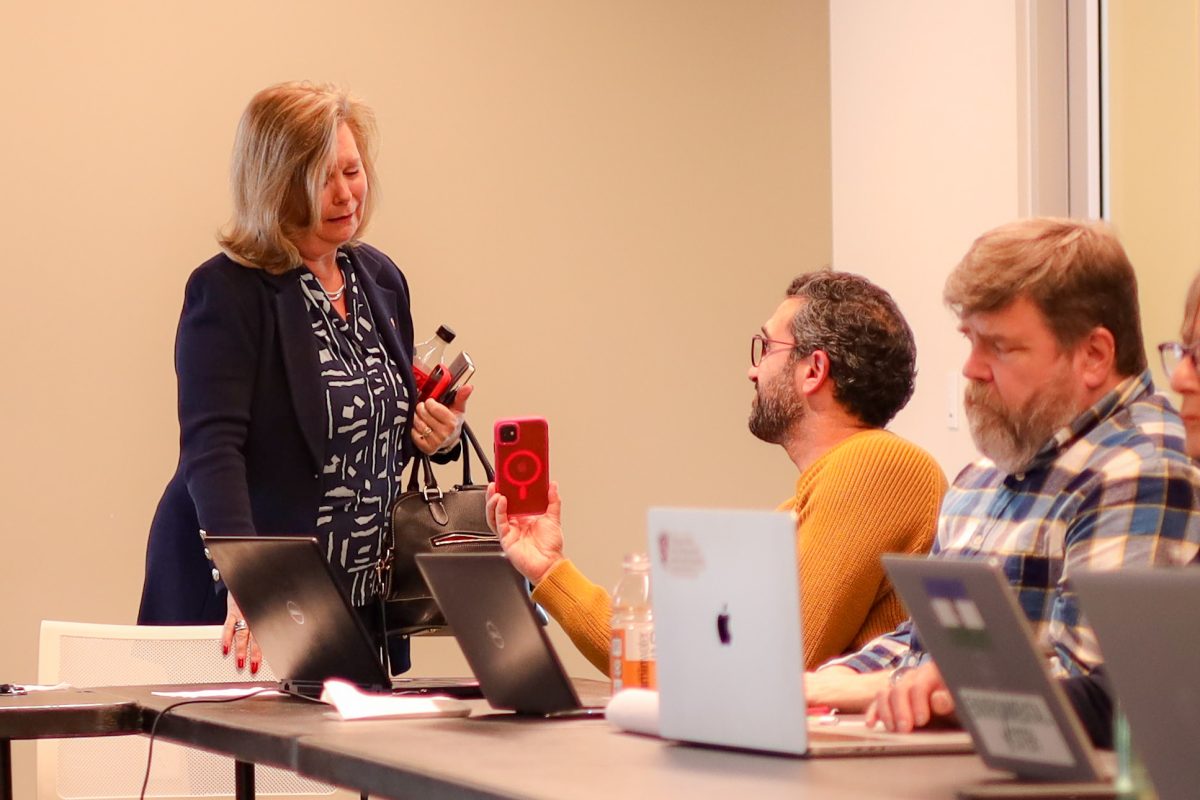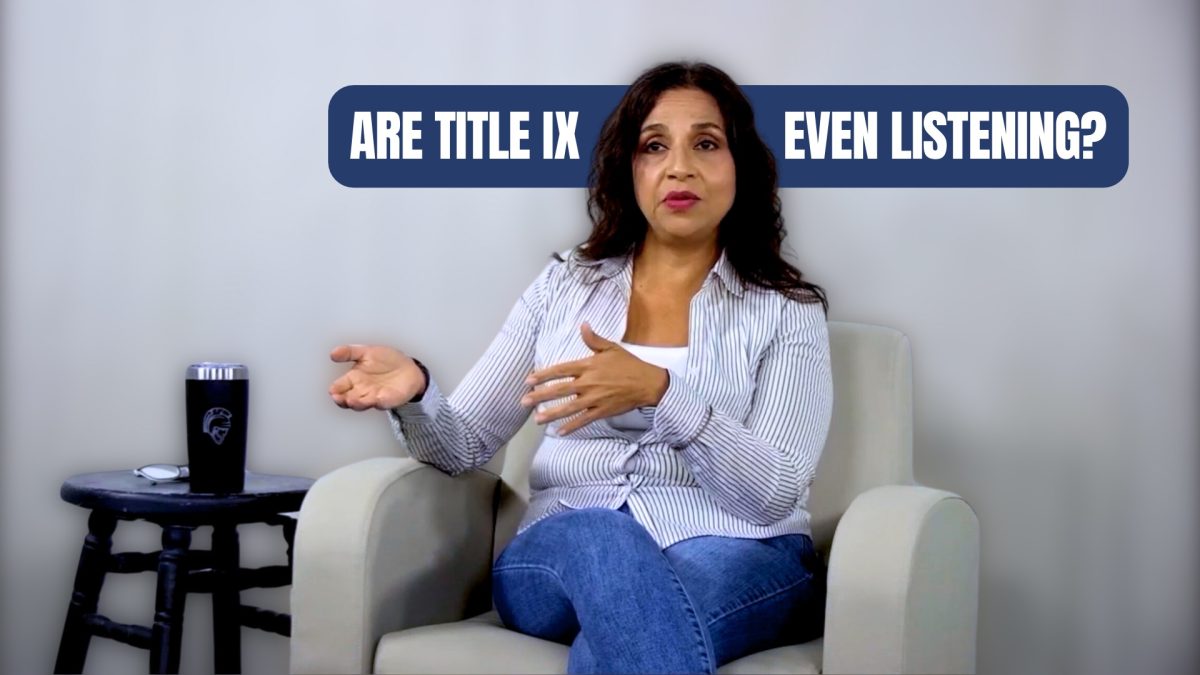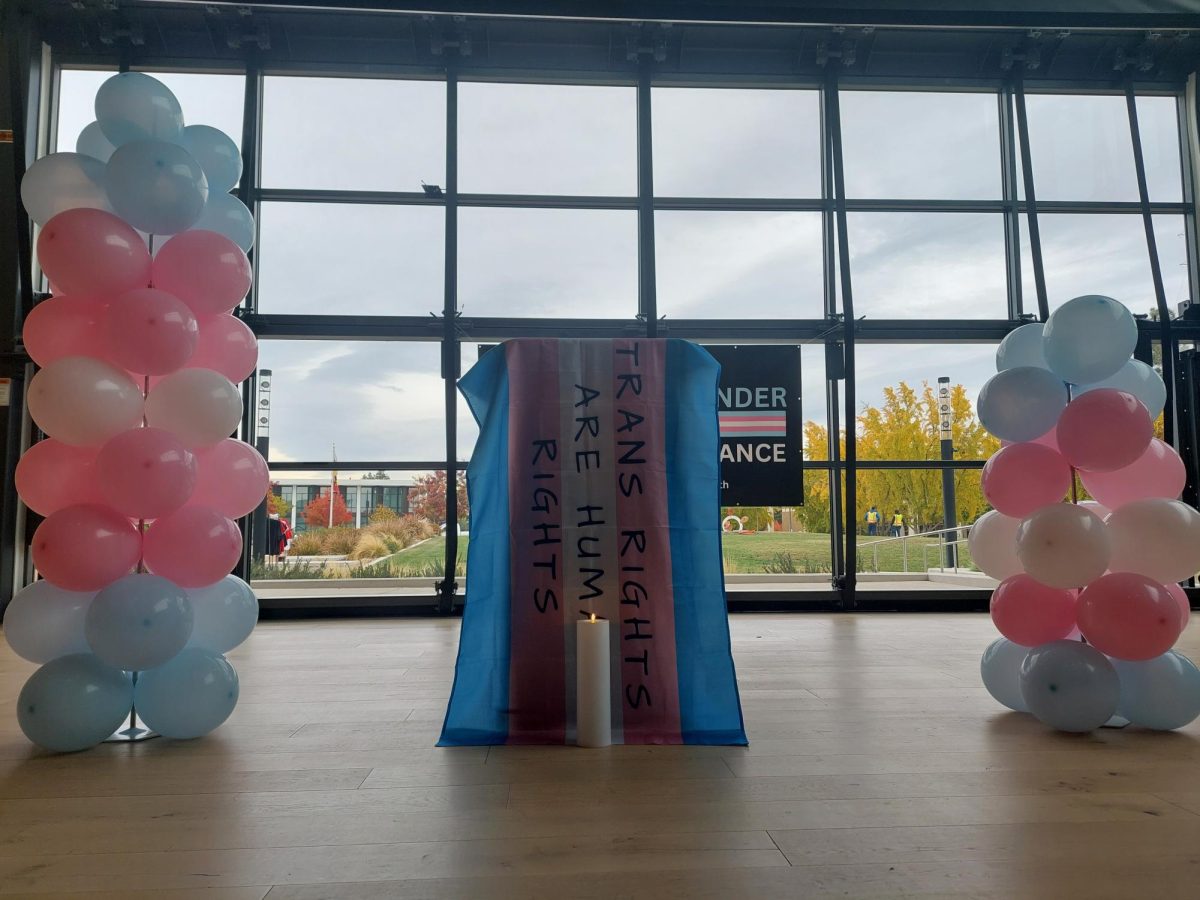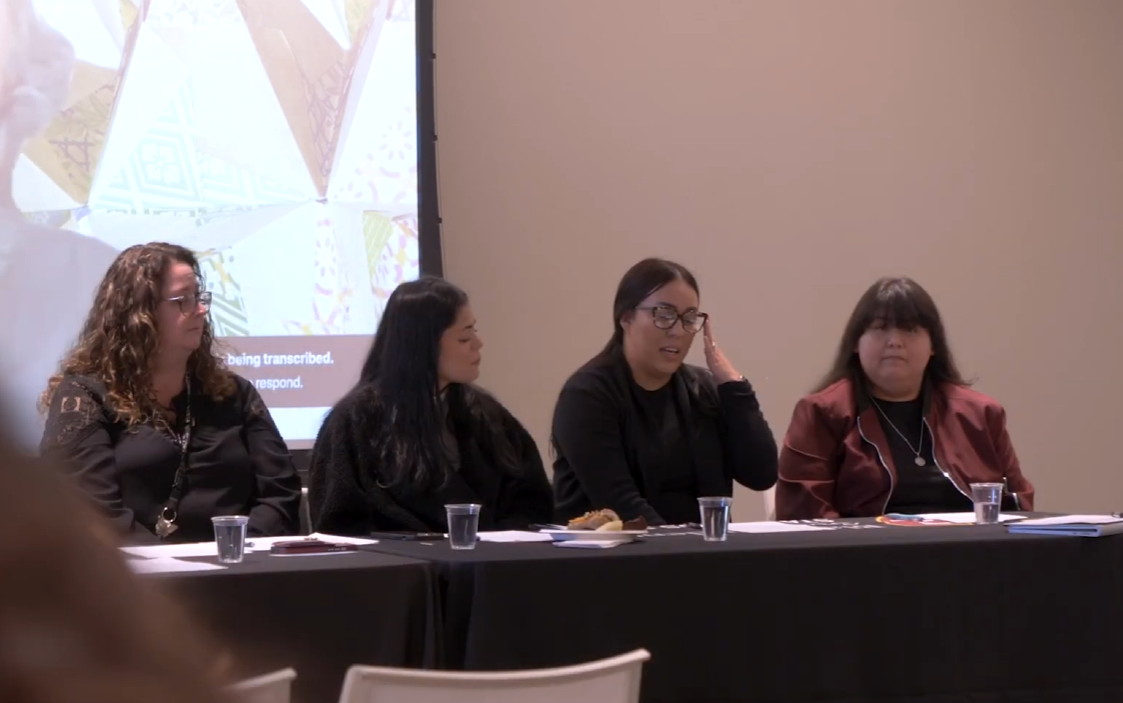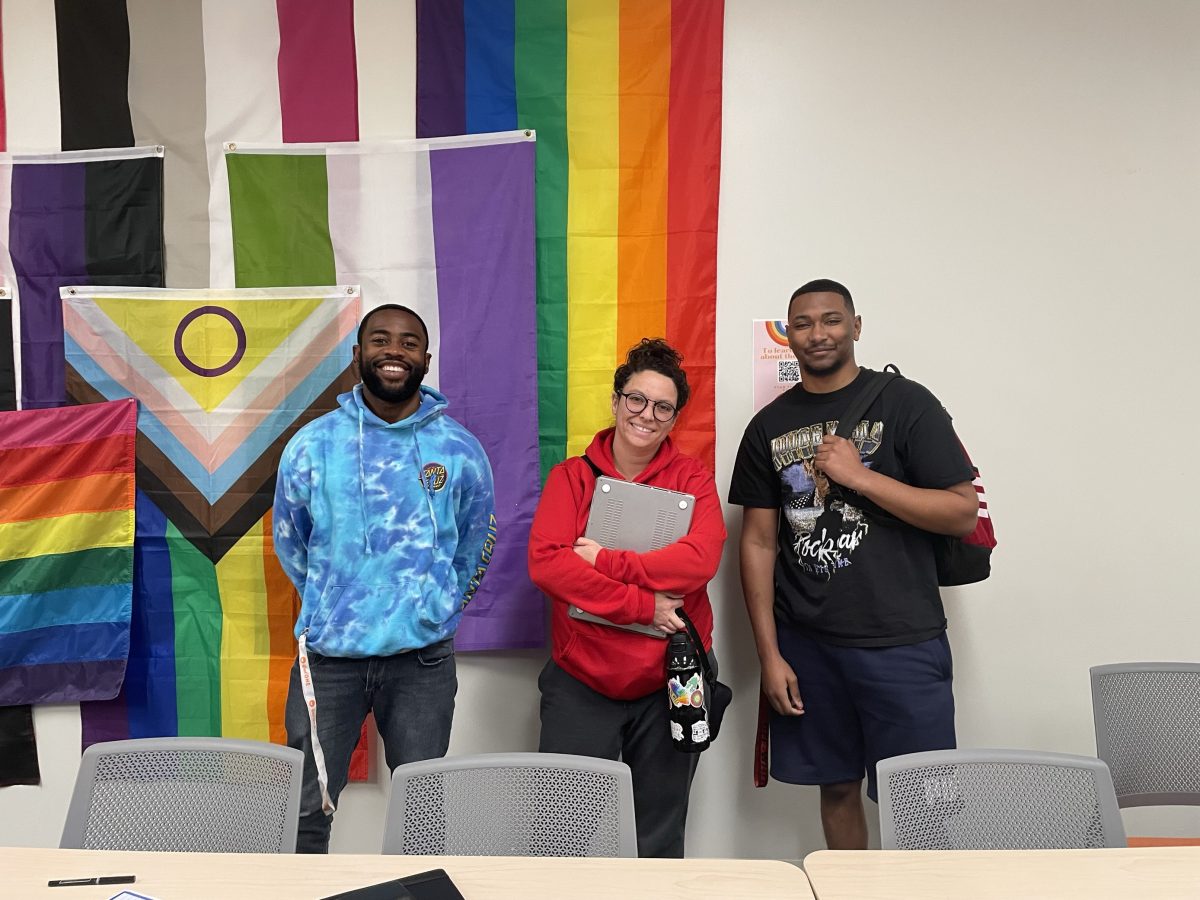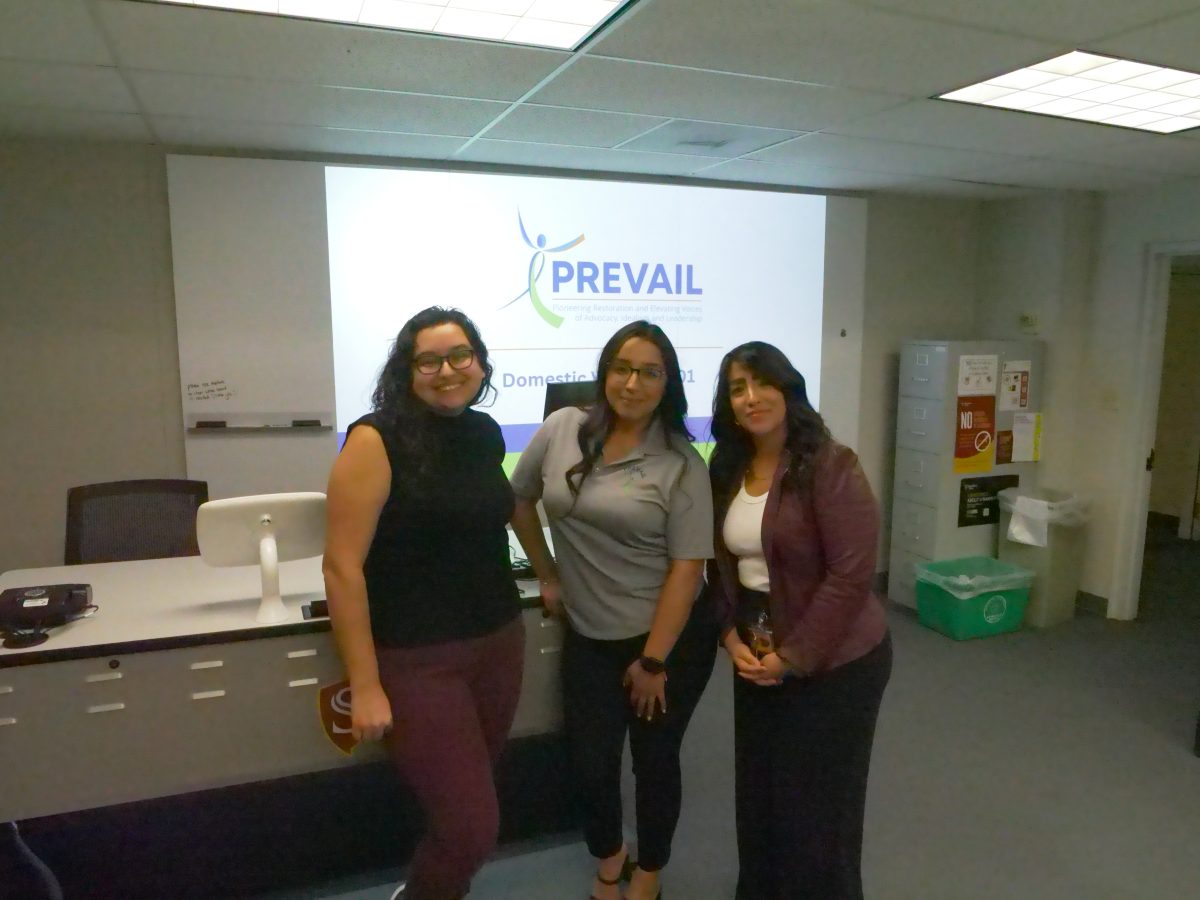On Wednesday, April 26th, CSU Stanislaus graduate student, Lisa Raimondo (Social Work), organized a Zoom event for her graduate project that addressed white fragility. Her event was titled, “White Fragility: Admissions of Subconscious Racial Discrimination.” This opportunity allowed staff, faculty, and students to learn about white fragility.
“This project seeks to make white fragility, one aspect of racism, more visible so that it can be challenged on a macro level,” shares Raimondo.
Raimondo invited University of Texas at San Antonio Sociology professor, Terrence D. Hill and he gave a presentation titled “What is White Fragility?” This was Hill’s first time presenting on this topic. *DISCLAIMER: Terrence D. Hill’s presentation content is not endorsed by an employer or the state*
In Hill’s presentation, he provided insight on what the term white fragility refers to and why it is important for white individuals to acknowledge how it functions in society.
“In my opinion, the defensive strategies of white fragility are important because they tend to discourage or shutdown critical discussions of racial inequality,” said Hill.
Hill began his research on white fragility with a colleague in 2018 at Clemson University.
After discovering Robin DiAngelo’s book, White Fragility: Why It’s So Hard for White People To Talk About Racism, Hill decided to do further research on white fragility.
“After I read it, the scientist in me wanted to see if the concept of white fragility could be measured in the context of survey search,” said Hill.
Hill and his colleagues worked on a study called “Measuring White Fragility” where they formed survey questions and quantitative summaries of white fragility.
Although DiAngelo’s book inspired Hill’s research, he and his colleagues had different observations than DiAngelo did.
“In our research, the main expressions of white fragility included feeling guilty, angry, sad, confused, attacked, unsafe, and drained when people talk about race-based discrimination or white privilege,” said Hill.
“In another study, we found that women attending college tend to exhibit higher levels of what we call remorse fragility (feeling sad, guilty, and angry), but not depletion fragility (feeling drained/exhausted, unsafe, attacked, and confused),” he added.
Hill also suggested that those who want to learn more about these topics should take evidence-based courses on social inequality.
Growing up in Texas, Hill had his own doubts about white privilege.
Given the fact he came from a lower-income background, he did not initially understand how he could hold privilege. However, when he began studying Sociology, he was introduced to the systematic study of social inequality.
Raimondo invited Hill to present his findings on white fragility because prior to finding his studies, scientific measurements on the topic was an area she never had heard of.
“I had first heard the term ‘white fragility’ during my first semester as a master’s student. When we dove into the term and the ideology behind it, I was fascinated; it was as if a light bulb had gone off,” said Raimondo.
She also enrolled in an International Social Work class the next spring and worked with organizations and communities to adress food insecurity in Ghana, West Africa.
“The trip widened my ability to practice cultural humility, developing myself into a more culturally competent, well-rounded individual, and social work practitioner,” shares Raimondo.
Raimondo also pointed out how after deep self-reflection, she has perpetuated white fragility for a majority of her life without realizing it.
As an undergrad, she was required to complete the Harvard “Race Implicit Association Tests” for one of her courses.
“When I first learned about this, I was eager to take it; confident I would be one of the few that did not have a strong preference towards white people. Ironically, my results were: ‘strong automatic preference for European Americans over African Americans,'” said Raimondo.
“I remember feeling angry and ashamed, so sure the test was wrong, I retook it several times; however, each result was the same. I now recognize my reaction as white fragility and a challenge to my white liberalism,” she added.
Now, Raimondo makes it her duty to take accountability work on her implicit biases.
“I have diligently worked to turn my implicit biases into conscious thoughts, to hold myself accountable, and recognize my key values. These include advocating for social justice, respecting the worth of all individuals, working with integrity, and choosing culturally responsive actions. I continue to have the uncomfortable race conversations with people around me, especially other whites to help build racial stamina,” said Raimondo.
Raimondo was also asked about why she believes it was important for her to hold an event like this one at Stan State.
“‘White Fragility: Admissions of Subconscious Racial Discrimination’ is a call to action for whites within the CSU Stanislaus campus, and specifically within the psychology, counseling, social work, and criminal justice fields,” explained Raimondo.
She also acknowledged how Stan State members need to work together to address what has been going on in our community.
“Numerous accounts of neo-Nazi activism and demonstrations of white supremacy have prevented our community moving towards solidarity with people of color. As members of the University community, we must come together to not only address these acts of hate, but do our own introspective work to confront any subconscious feelings surrounding white privilege and white supremacy and manifest as white fragility,” said Raimondo.
According to this Modesto Bee article, four former Stan State employees have also allegedly sued the school for discrimination based on race, gender, pregnancy, disability, etc..
When asked about the concept of white fragility, Stan State student, Puneeta Salhan (Junior, Math) expressed her thoughts on racism.
Salhan had not heard of the term white fragility before, but she believes that the issues that this phrase addresses need to be addressed.
“We are all one and deserve the same opportunities as a whole. Just because one is a certain color doesn’t give anyone else the right to be mean to them,” said Salhan.
“Instead, everyone should be given the same respect and embracement because God is forever creative. If we were all one color, the world would be boring,” added Salhan.
Salhan also believes that safe spaces on campus are important.
“We are a diverse community who needs healing and empowerment which can only be accomplished in spaces like these. It is super interesting to see where conversations like these end up and the progress and growth that occurs due to these so that they all know they are valid and are heard,” said Salhan.
Salhan also expressed her appreciation for the Warrior Cross Cultural Center (WCCC) since it has provided a safe space for students since it has existed on campus.
Categories:
Graduate Student Organizes Zoom Presentation on White Fragility
Natalie Ramos
•
April 28, 2023
“White Fragility: Admissions of Subconscious Racial Discrimination” Zoom event invitation (Photo Courtesy of Lisa Raimondo)
0
Donate to Signal
Your donation will support the student journalists of California State University, Stanislaus. Your contribution will allow us to purchase equipment and cover our annual website hosting costs.
More to Discover

